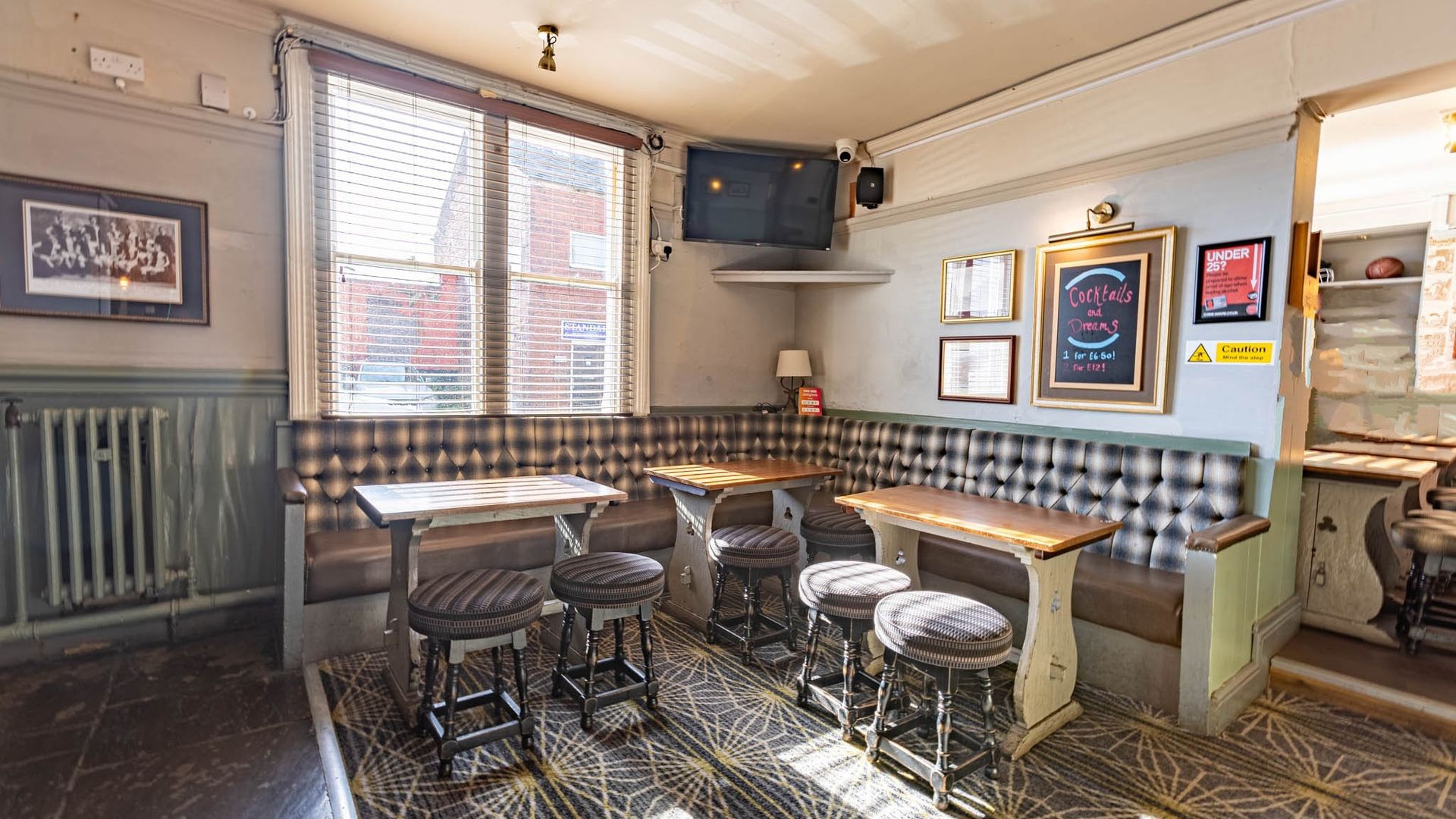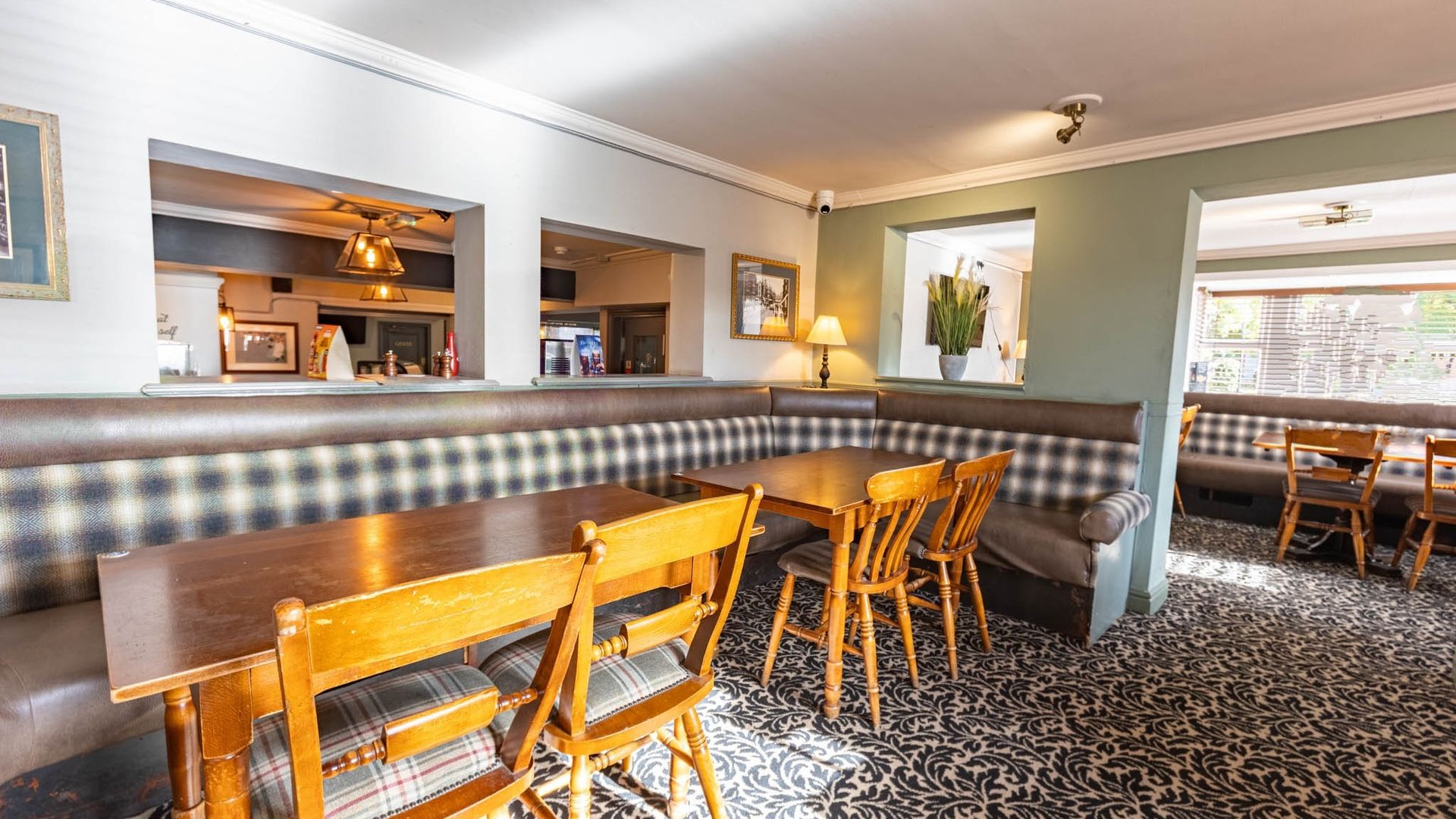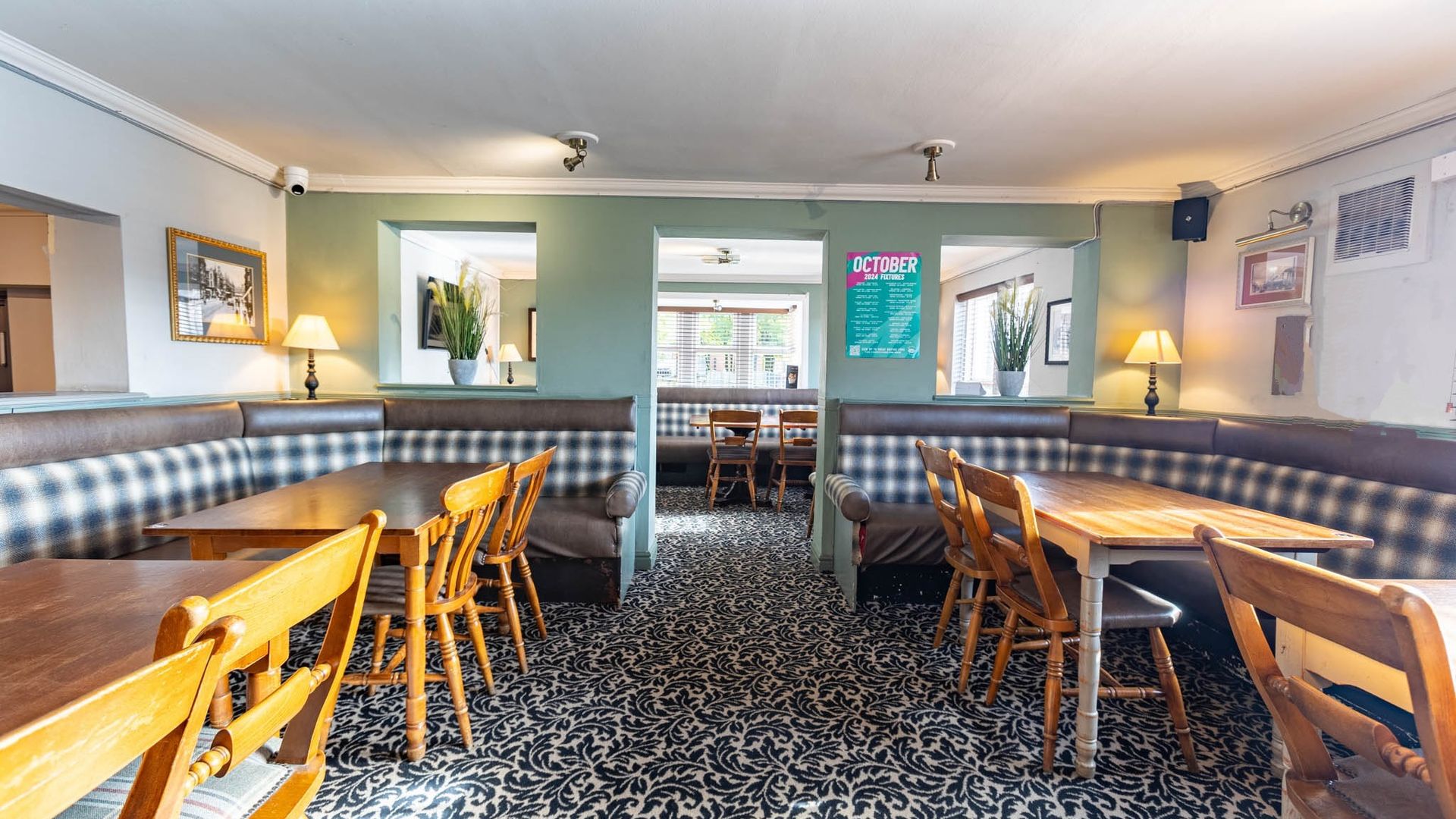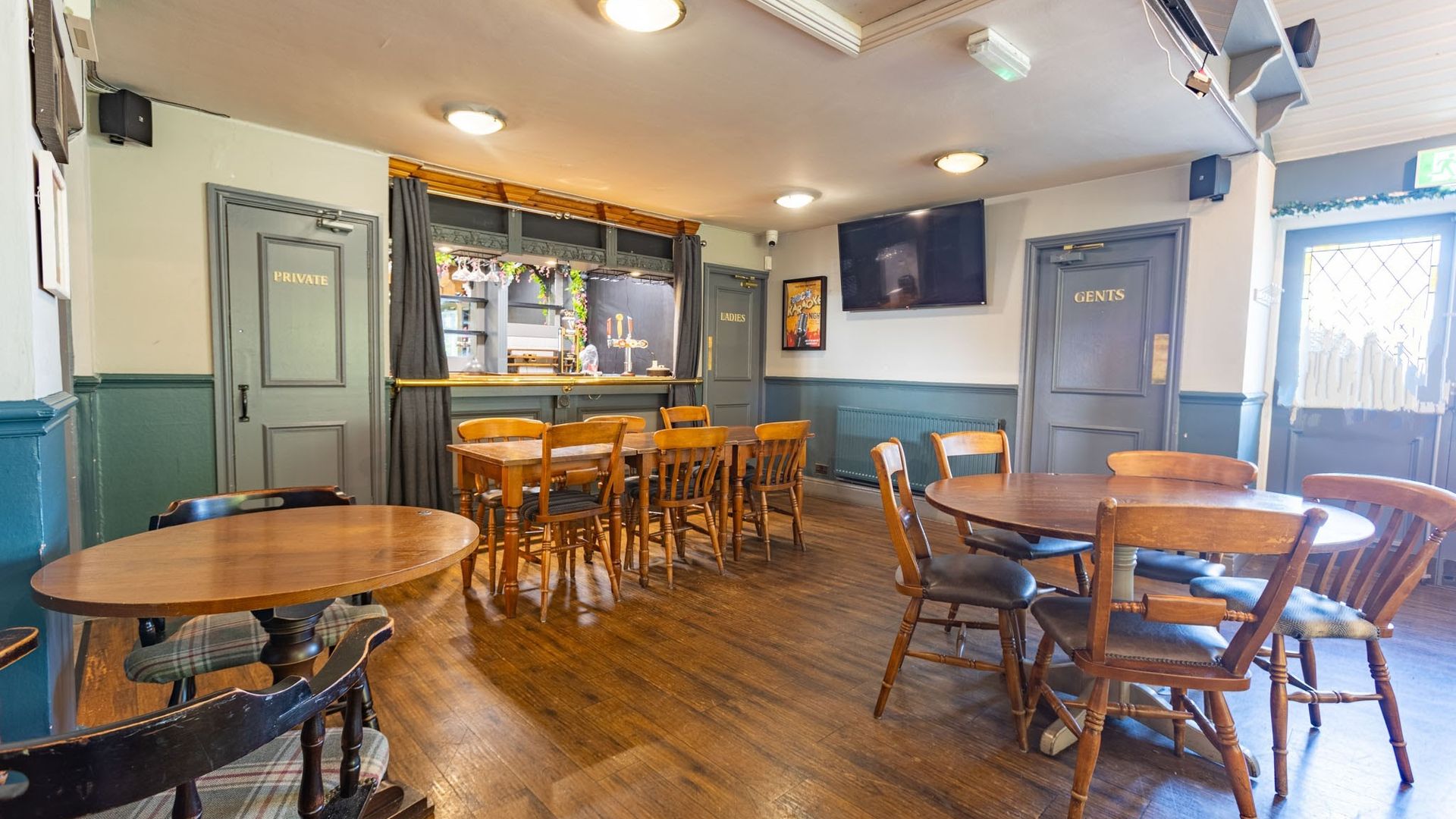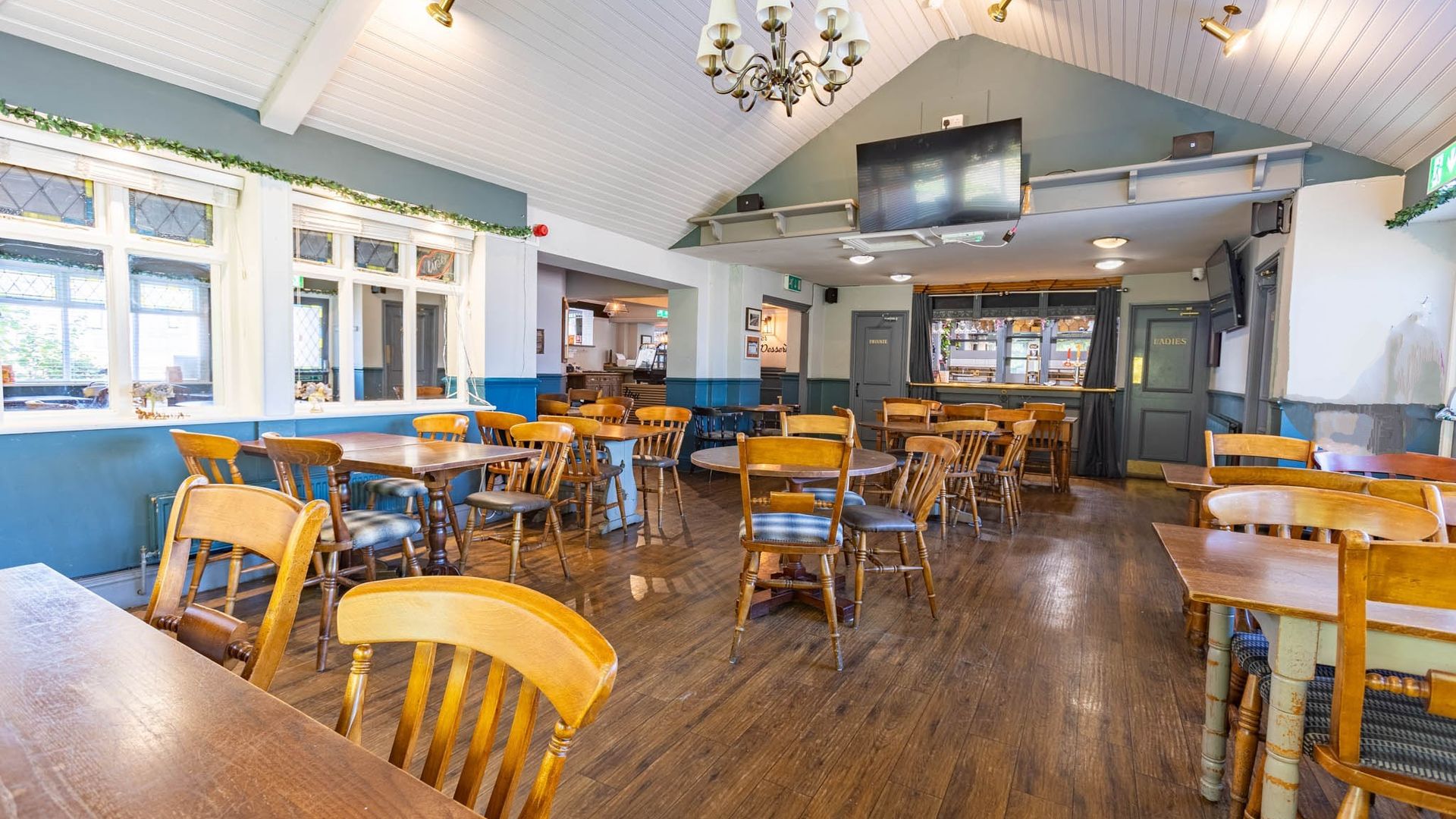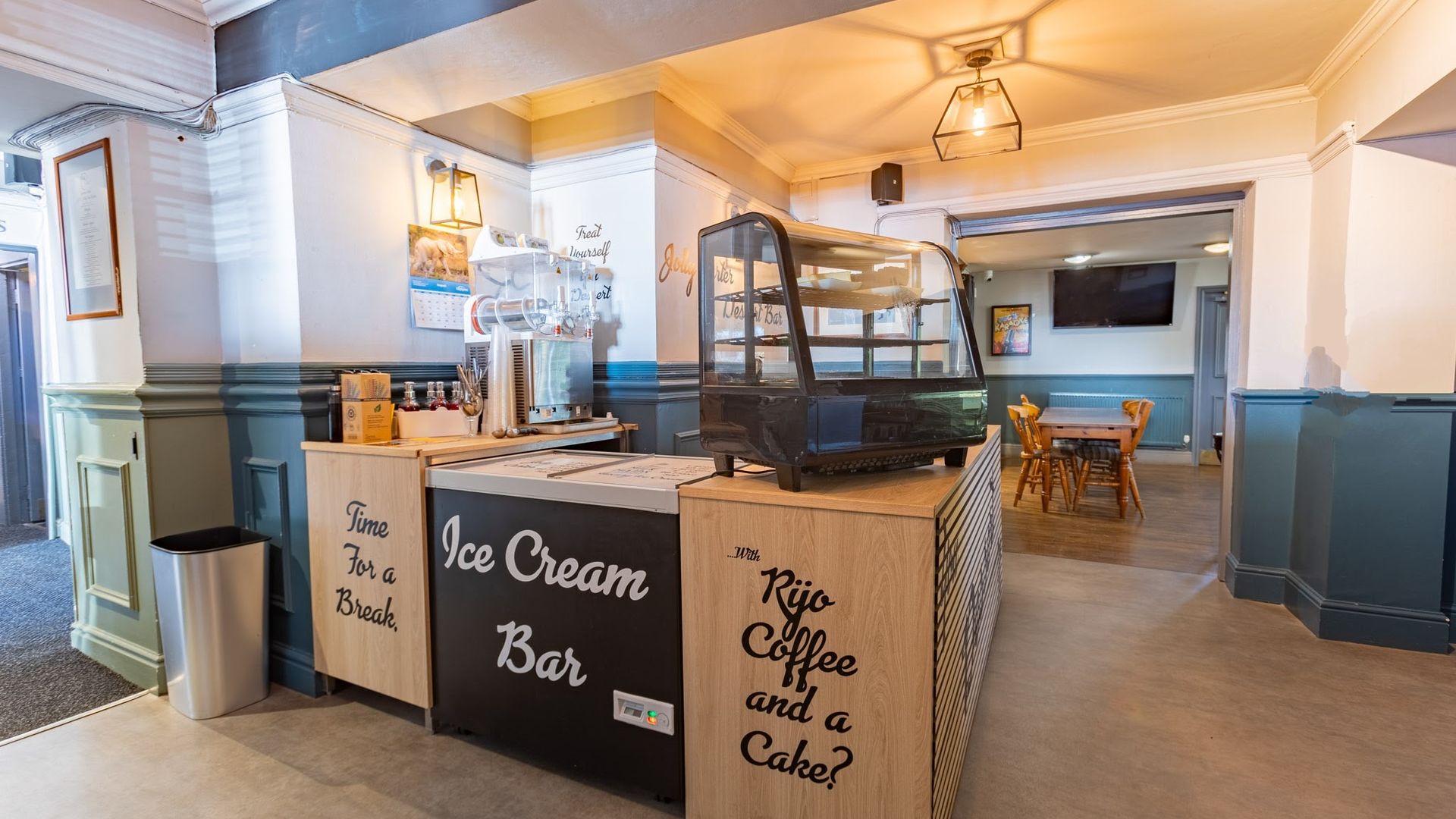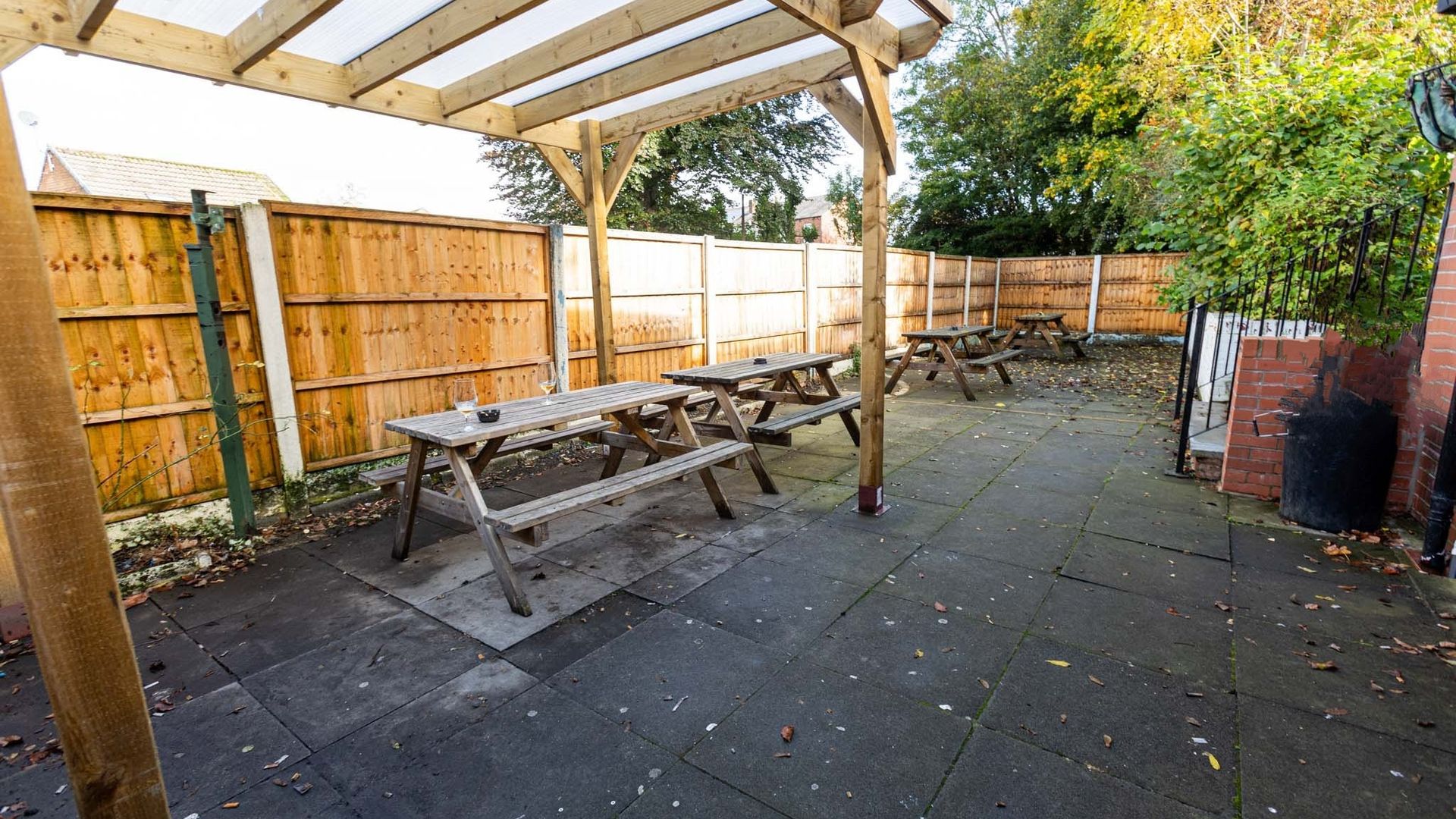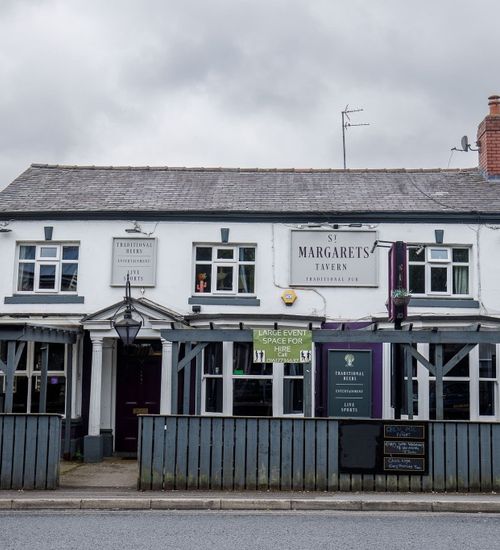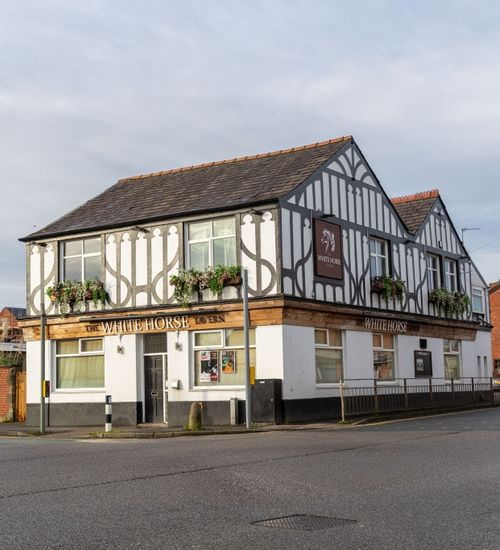Jolly Carters added to your enquiry.
Ready to proceed? Complete your application.
You can select more pubs to enquire on if you are not quite finished!
Jolly Carters
Church Street, Little Lever, Bolton, Greater Manchester, BL3 1BW
Annual Rent: £33,000
Similar pubs
MISREPRESENTATION ACT 1967
FindMyPub.com gives notice that the contents of these particulars are believed to be correct but are given without responsibility and intending purchasers or lessees should satisfy themselves by inspection or otherwise to their correctness. These particulars do not form any part of any offer or contract and no person in the employment of the company has any authority to make or give representation of warranty to this property.
The information and images displayed about this property comprises a property advertisement. FindMyPub.com makes no warranty as to the accuracy or completeness of the advertisement or any linked or associated information, and FindMyPub.com has no control over the content.





